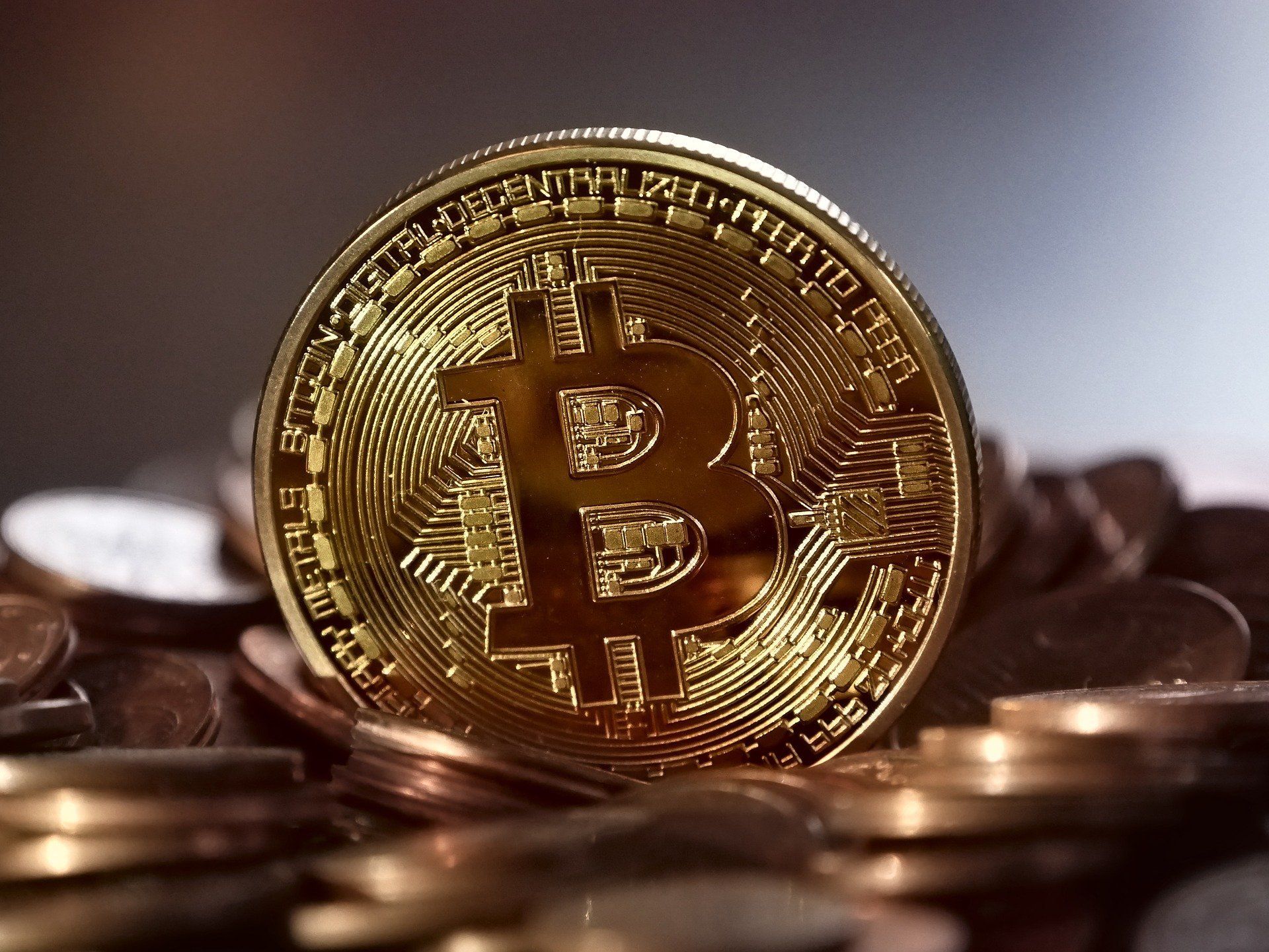El Salvador’s bitcoin move not only threatens the US dollar’s supremacy but also the USD’s global predominance in foreign exchange and reserve currency space in the Central American country.
Keeping aside the argument that El Salvador’s adoption of volatile cryptocurrency Bitcoin as legal tender is fraught with risk, what if the critics go wrong similar to how the British Parliament Committee erred in labeling Thomas Edison’s light bulb as ‘unworthy of attention’ and ridiculing one of the major inventions of 19th century as “good enough for Transatlantic friends”? From Wright Brothers’ airplanes to vaccines, many important inventions that revolutionized the modern world were initially berated by experts.
That does not squarely mean Bitcoin or other blockchain-powered cryptocurrencies will be a definite success. However, envisaging a setup where they thrive can provide cushioning from unexpected shocks.
Predictable and likely advantages of Bitcoin
A legal tender is a store of value that can be used to pay off debt. It is the official currency for trade and commerce. In El Salvador, the US dollar was hitherto the currency traders and merchants accepted as a form of payment from buyers. In coming months, Bitcoin can wield the same clout. Regardless of the volatility in Bitcoin’s price, way is being paved for it to be used like money.
The cryptocurrency, underpinned by distributed ledger technology, can bring its own set of advantages to El Salvador. Proponents say the nation can save billions of dollars in remittance, thanks to the blockchain network that eliminates avoidable intermediaries that make transactions slow and costly. One may call the President’s move impulsive, but the country, reeling from lack of access to formal banking channels, can gain from a tech managed via smart contracts on a public ledger. The records are immutable, means they cannot be retroactively altered, according to blockchain advocates.
USD had humble beginnings too
It may sound odd to many, but the history of US dollar is not too old. While the currency now dominates international trade with most crucial commodities including the crude valued in USD, it was born only a few centuries back.
It was after the Declaration of Independence in 1776 that the call for creating dollar as official currency gained traction. The feat was realized in 1785 with the USD established as official currency, and in 1862 the first dollar bills were printed. From then to now and with a push from America’s emergence as a superpower following World War II, the USD has become the currency of choice. The Federal Reserve, one of the most powerful institutions in the world, celebrated its centenary in 2013, which means the concept of monetary policy and liquidity management by central banks is also not as old as it seems to be.
Money has always evolved
The realm of currency experienced another change in 1971 when President Nixon ended the convertibility of USD to gold, which made Bretton Woods – a post-WW2 system where currencies were pegged to the USD, which in turn could be converted to gold at a fixed exchange rate – inoperative.
It is imperative to recall these developments and acknowledge the ever-evolving nature of money. It is true that the post-WW2 period has been a fairly stable run with respect to economic development owing to part played by central banks in managing market liquidity through monetary policy tweaks, but at the same time, money has always evolved. One may say El Salvador’s move to have Bitcoin on par with the king of currencies is a risky bet, but what if this writes a new chapter in the history books of money?
If successful, Bitcoin can transform foreign exchange
Now with some optimism, let’s imagine a world of international travel where cryptocurrencies are readily accepted. Today, every overseas traveler prefers to carry USD to cover expenses while on a foreign trip in any country around the world, including America’s archrival, China, whose currency yuan has made it to the IMF’s basket of major reserve currencies. If El Salvador’s currency experiment does bring intended changes and boosts acceptance of Bitcoin in international trade, neither will travellers need to carry USD nor will currencies in the IMF’s basket carry the same weight.
Today, for crude importers, the exchange rate of local currency vis-à-vis the US dollar holds significance. For exporters, a weak local currency translates into more revenue. The point is, USD has wide acceptance as money. A money exchanger, anywhere in the world, will readily trade USD with a customer, and then subsequently exchange it with local currency from the country’s central bank. But what business will the money exchanger be left with in a setup where Bitcoin or any other blockchain-based cryptocurrency is the preferred money?
A paradigm shift
Although the world did not react much to El Salvador’s President’s Bitcoin move, every institution will closely watch any developments in this space. Now that Bitcoin is legal tender, will it push El Salvadorans to lend and borrow money in Bitcoin denomination? If it does, central banks will indeed go into huddle as credit is what justifies their existence as overseers of market liquidity. The most powerful weapon in their arsenal to control inflationary pressures or boost economy is benchmark rates that decide the rate at which individuals and businesses borrow from commercial banks.
Bitcoin as legal tender, given it succeeds just like Edison’s light bulb and Wright Brothers’ airplane, can bring a paradigm shift to the foreign exchange space.









